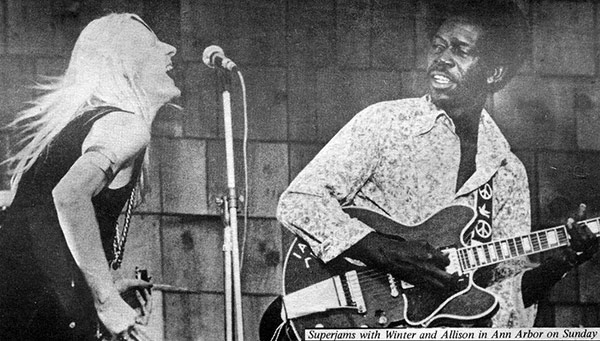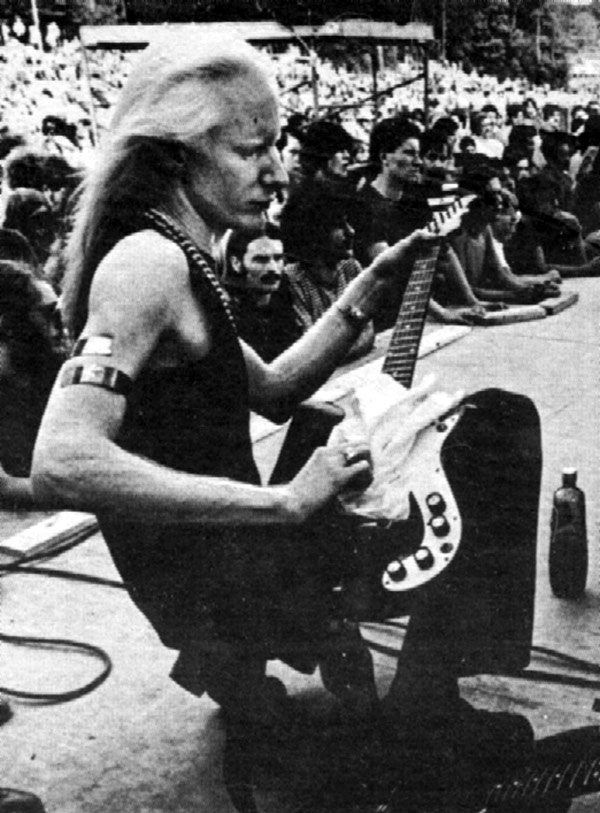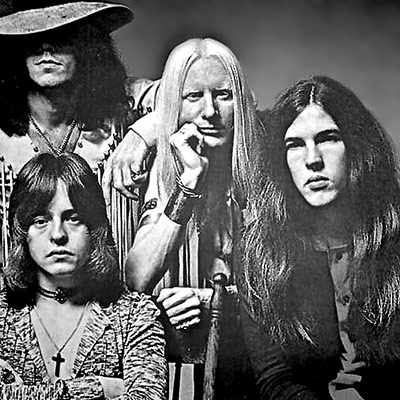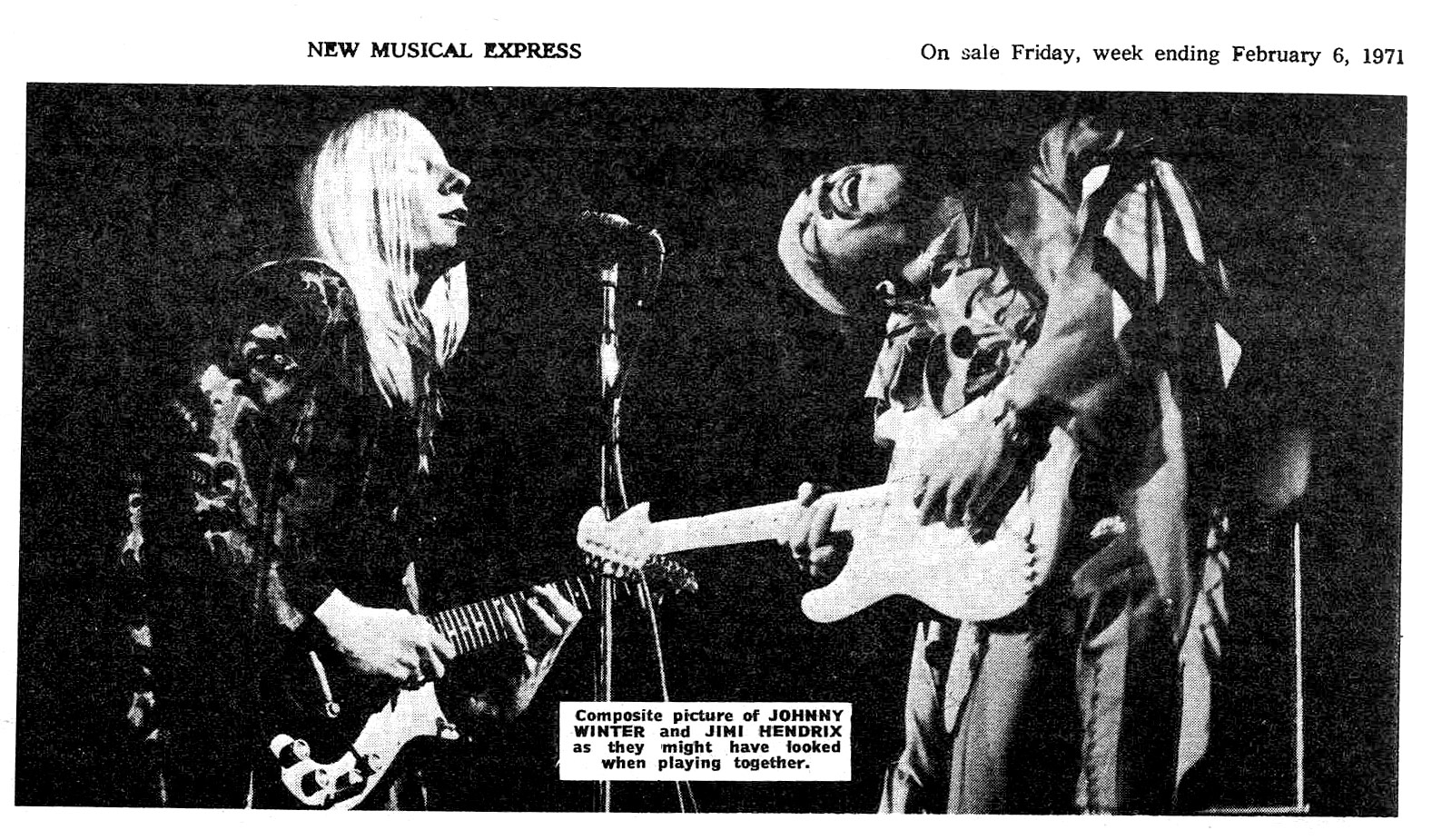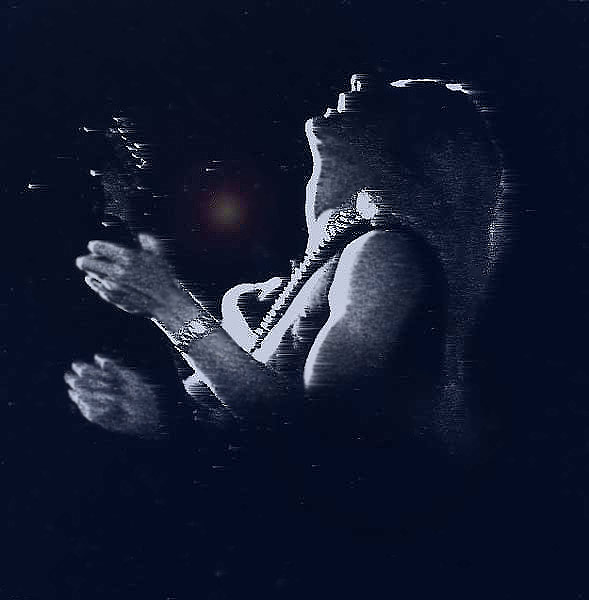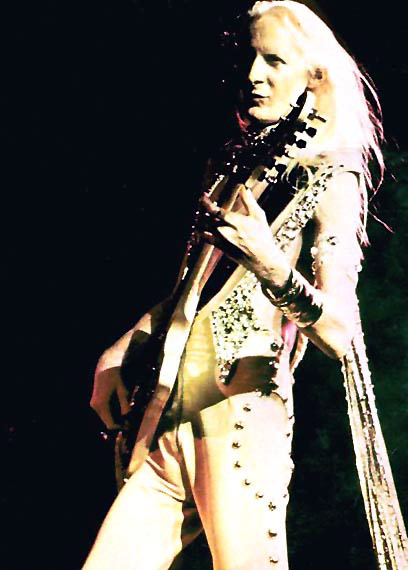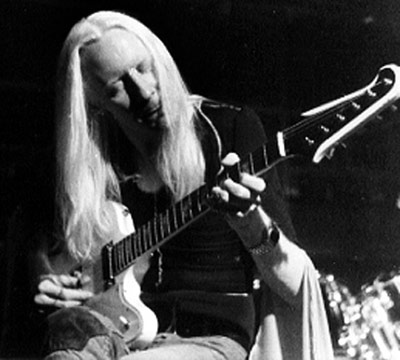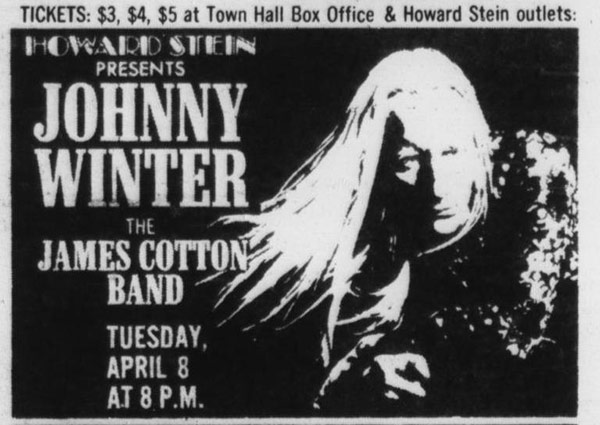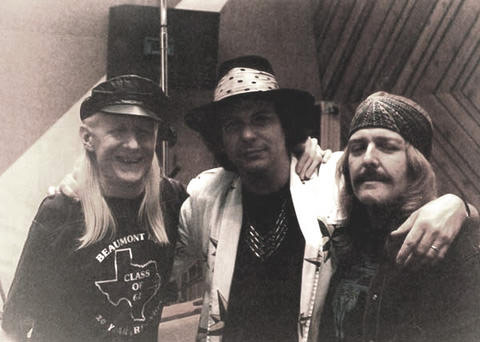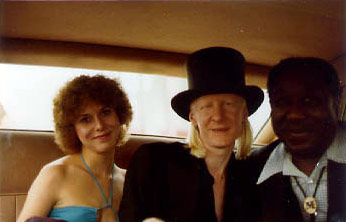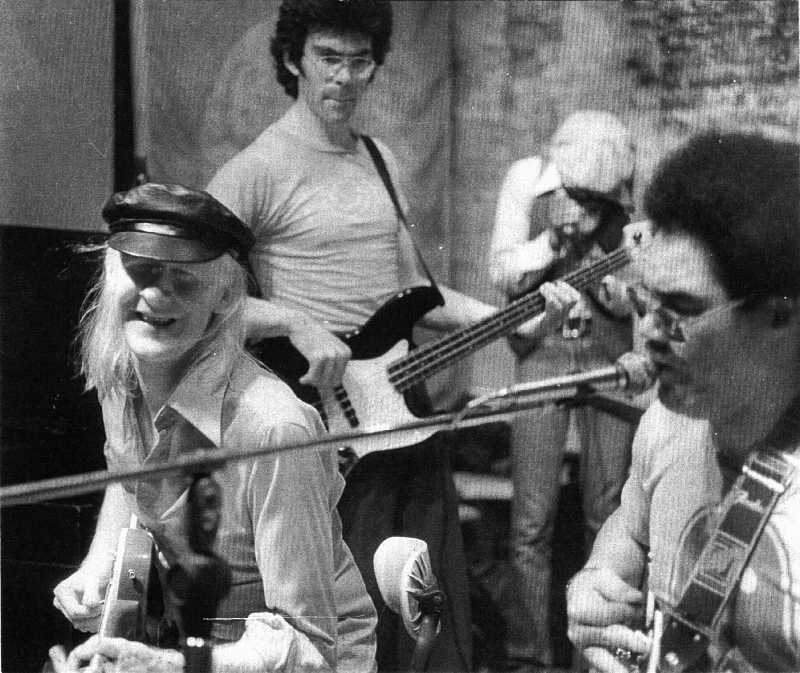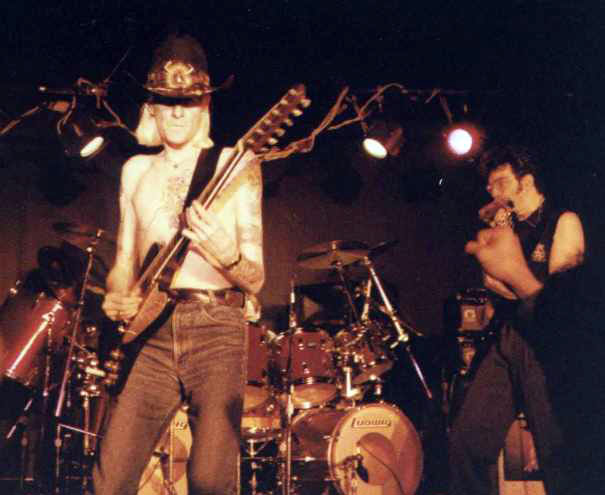Synopsis: On August 9, 1970, at the Ann Arbor Blues Festival, unscheduled performers Junior Wells and Johnny Winter electrified the crowd, bringing them to their feet with their dynamic performances. Ironically, while the audience reveled in the music, festival organizers faced a $20,000 deficit. Winter, known for his powerful sound, played with a single amplifier, showcasing his blues roots. Wells joined Buddy Guy's band, rekindling their former musical chemistry. Big Mama Thornton, the only woman in the festival, also received an enthusiastic welcome. While these performers created a buzz, it was the less flamboyant ones who gave the festival its unique flavor. John Jackson's gentle voice and acoustic guitar, Mance Lipscomb's mix of blues and pop, and Son House's retrospective performance added depth and history to the event, leaving a lasting impression on the audience.
ANN ARBOR, Mich., 10 Aug. Two unscheduled performers at the Ann Arbor Blues Festival "yesterday-'- Junior Wells, the harmonica player and singer, and Johnny Winter, the guitarist and singer-proved to be just what the audience had been waiting for.
When Mr. Wells and Mr. Winter appeared on stage at Otis Spann Memorial Field on the last day of the three-day festival Mr. Wells in the afternoon, Mr. Winter in the evening the listeners rose from the blankets on which they lounged through most of the program to give them' a welcoming cheer. And they stayed on their feet all through the performances, clapping with the beat, dancing in various ways and grooving with the music. Ironically, while these unadvertised performers were demonstrating how much enthusiasm they could raise, the. festival's producers, a group of University of Michigan students were adding up the weekend's receipts and found a deficit estimated at $20,000. Collectors with baskets were sent out through the crowd to get contributions to reduce the loss.
Mr. Winter, who usually performs with "a vast wall of amplifiers to spread the sound of his guitar and his voice,'used a single amplifier and the accompaniment of Mighty Joe Young's band.
This gave him a rare opportunity to strongly rooted blues talents.' Mr. Wells walked 'onto the stage while a band led by his 'former guitarist, Buddy Guy, was playing. The two musicians quickly fell into routines- they had once done together-a mixture of Mr.Wells's emphatic singing and biting harmonica playing and Mr. Guy's dramatic guitar style.
Later in the evening, Big Mama Thornton, the only woman in' the festival, received a welcome similar to that accorded Mr. Winter and Mr. Wells.
But while these performers were bringing overt excitement to the festival, it was the less flamboyant ones' who gave it its distinctive flavor. There was John Jackson, a Virginia gravedigger whose warm, gentle voice and acoustical guitar rolled soothingly across the field as he sang old favorites, among them "John Henry." Mance Lipscomb, the 75-year-old Texas songster, mingled blues with pop songs ("I Ain't Got Nobody," "Shine On Harvesta Moon") quiet charm that brought almost as enthusiastic a response as the appearance of Mr. Wells and Mr. Winter. And Son House, a source of much of the country blues style since the 1920's, closed the festival on an appropriately retrospective note, as he did last year, when the festival was held for the first time.
JOHN S. WILSON.
Source & Full Article: 70-08-11 New York Times.pdf
